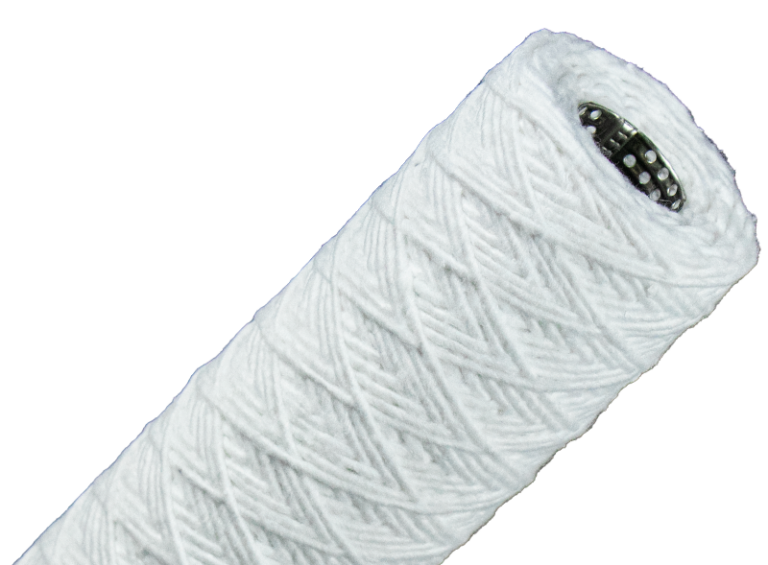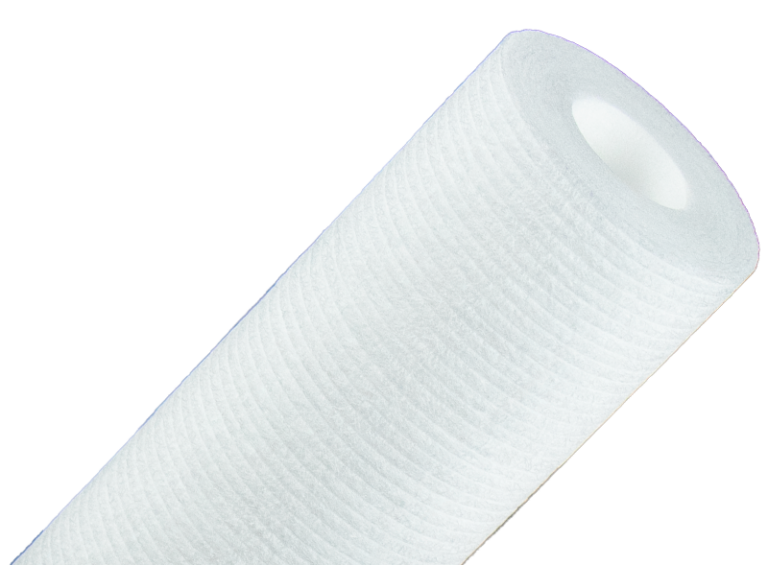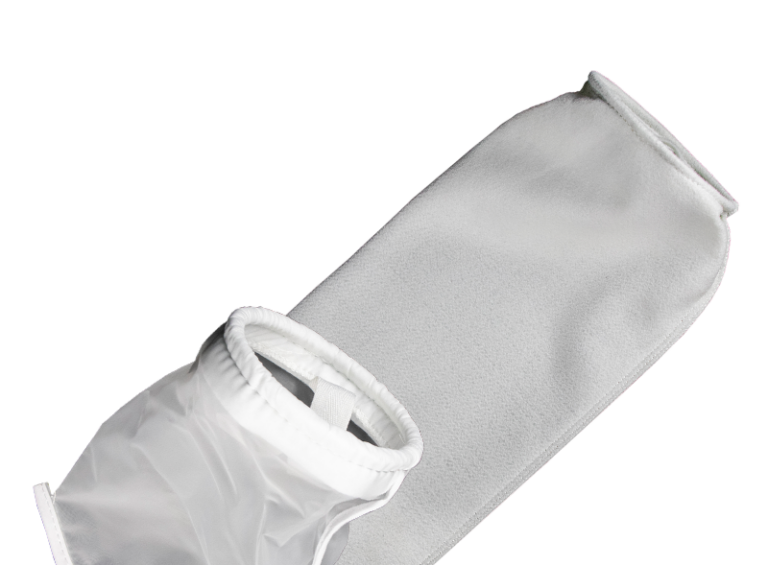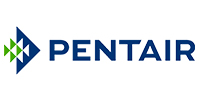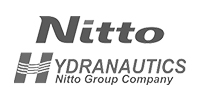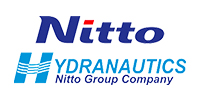It is widely known that paper mills require two essential ingredients to produce paper: trees and water. Surprisingly, water is the most crucial component in the entire paper making process, but why do paper mills need water filtration throughout?
Approximately 100 litres of water are necessary to produce 1 kilogram of paper. Despite the implementation of advanced wastewater treatment plants and closed-loop systems, improper water utilisation can lead to various issues for paper mills. These problems can include loss of production time, damage to equipment components, inconsistent final product, increased wastewater production, and wider environmental concerns.
To mitigate these challenges and ensure smooth paper production, proper liquid filtration must be employed at relevant stages of the paper making process.
The Paper Making Process
In a nutshell, the paper making process begins with logs being fed into a rotating drum to produce wood chips. These chips are then transferred to a pulp mill and introduced to a digester, where they are cooked with an acid solution. To achieve a consistent finish and prepare the solution for the actual making of paper, the soft and fibrous mixture is washed out of the acid solution and bleached.
Here’s where liquid filtration becomes critical as the process is highly susceptible to chemical contamination. Filtration is employed to remove contaminants such as tank rust, dirt, and scale that may have accumulated during transportation and storage, just before the components are mixed in the reactor.
While wound polypropylene filters are trusted and commonly used at this stage, a more effective solution would be to utilise TruDepth spun polypropylene depth filters. These filters achieve up to 97% efficiency in particle reduction, plus their melt-bonded exterior minimises the risk of fibre migration.
Once the mixture has been transformed into paper, it proceeds to the finishing stage. At this point, the paper is delicate and must remain consistently moist as it moves along the production line to prevent breakage. For this to be achieved, spray nozzles are utilised and must be contaminant free otherwise they can become clogged, damaged and ultimately disrupt production.
Water Filtration for Incoming Water
For the treatment of incoming water, a recommended setup by Fileder involves a combination of EBEP bags, SSP depth filters, SCB carbon, and SRO membrane technologies. This combination effectively removes particulate and other contaminants, preventing premature blockages.
This practice is widely adopted by paper mills to ensure consistent water quality, not only for the spraying stage but also as a key ingredient in the paper production process.

